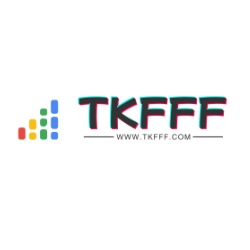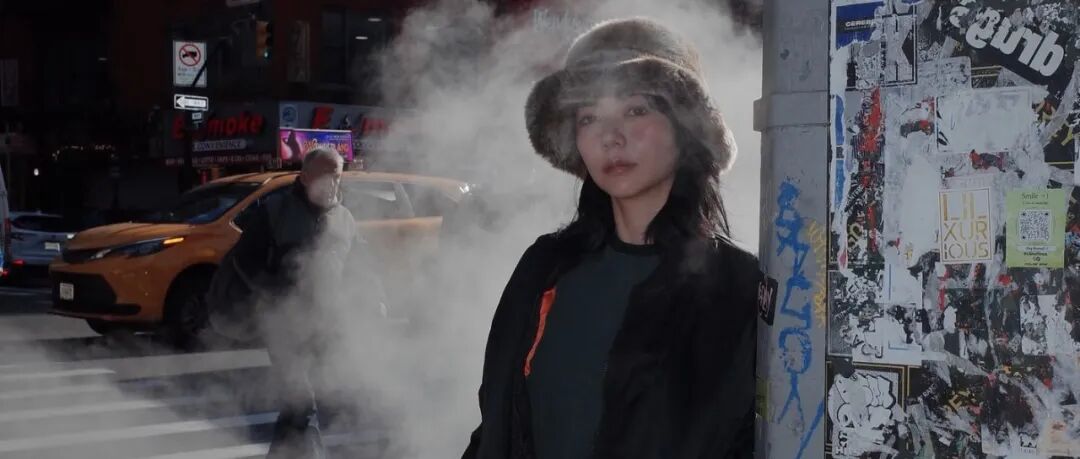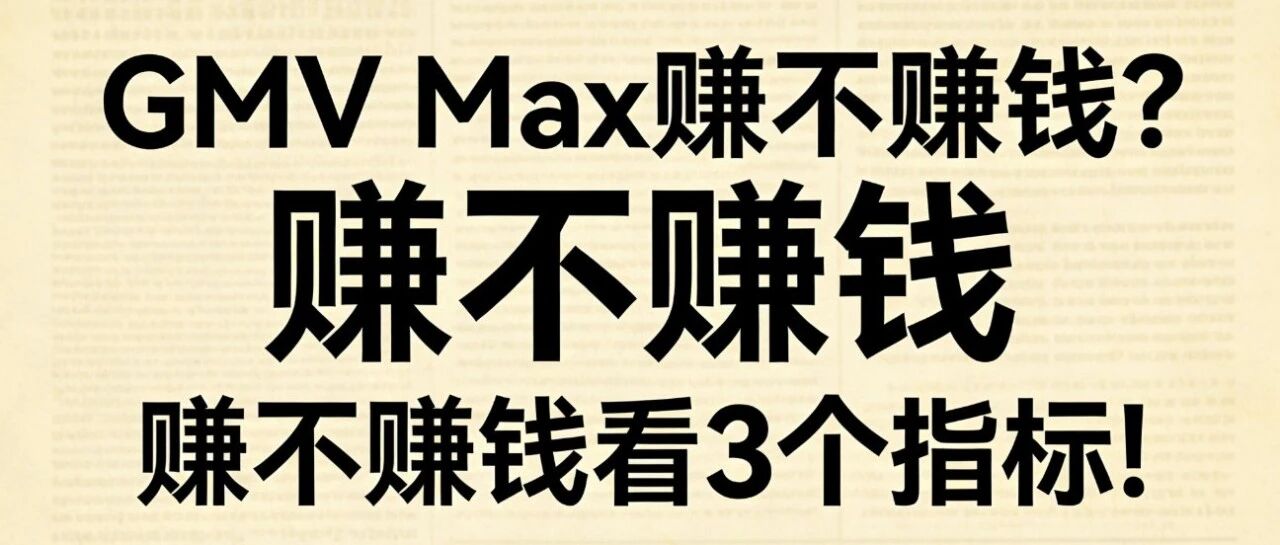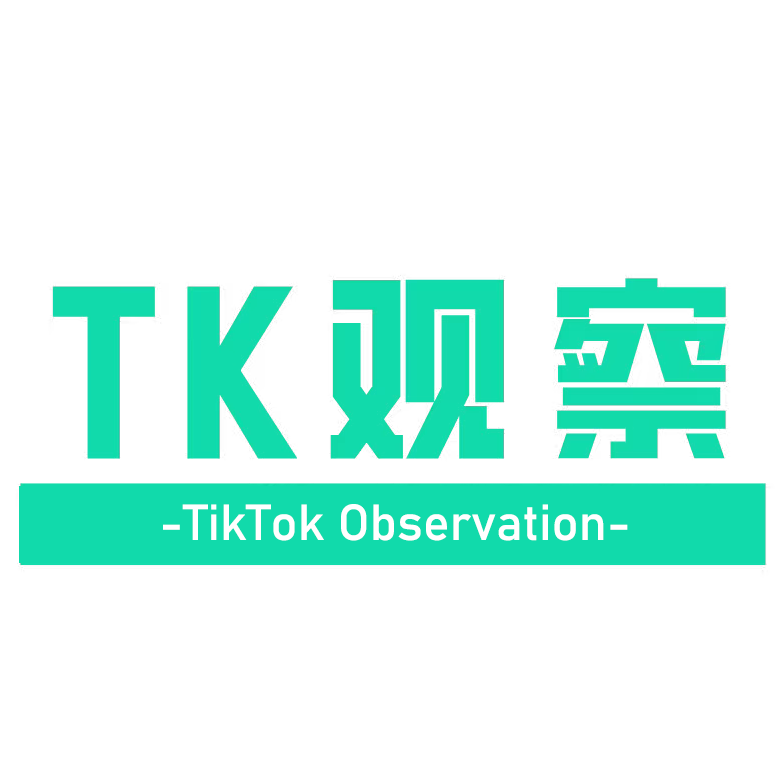
 Photo: Intelligencer; Photo: Getty Images
Photo: Intelligencer; Photo: Getty Images
In April, President Biden signed a bill forcing TikTok’s parent company, ByteDance, to either sell the platform or face a total ban. Now, the company is fighting back with a lawsuit. “For the first time in history, Congress has enacted a law that subjects a single, named speech platform to a permanent, nationwide ban,” the company said, in a lawsuit naming Attorney General Merrick Garland, adding that it “bars every American from participating in a unique online community with more than 1 billion people worldwide.”
TikTok has been defending itself on speech grounds for a while now, and was widely expected to do so in response to the federal bill. It also has to come up with something — the company was reportedly taken by surprise by the bill, even after it had been forced to invest billions of dollars in a program intended to separate parts of its operations in the United States from its parent company in China. TikTok’s claims pit speech rights against the government’s national-security concerns, which the company says are “speculative,” “analytically flawed,” and “conjectural.” It also makes the argument that the bill is, in fact, a de facto ban. A forced divestment would damage the app, reduce its functionality, appeal, and value, and, the company says, simply not be possible. “Precipitously moving all TikTok source code development from ByteDance to a new TikTok owner would be impossible as a technological matter,” the lawsuit says.
Some supporters of the bill have brushed aside criticism by insisting that it isn’t really a ban, just an attempt to regulate ownership. In rejecting this, TikTok actually cites its relationship to China. “The Chinese government clearly signaled that it would assert its export control powers with respect to any attempt to sever TikTok’s operations from ByteDance,” the lawsuit says, “and that any severance would leave TikTok without access to the recommendation engine that has created a unique style and community that cannot be replicated on any other platform today.” These are claims about which TikTok’s leadership are uniquely knowledgeable but also completely biased; whether TikTok can be rebuilt by an American buyer, or whether the Chinese government will actually block the sale, are reasonable questions about which the bill’s supporters are, in effect, speculating.
Where this lawsuit gets interesting — and sort of strange — is in how it talks about speech. It opens with an argument about protecting the speech of its users in a “unique online community.” While big social platforms have often positioned themselves as enablers of speech, and as broadly supportive of controversial speech, the notion that they’re actually vital to the preservation of free speech is a position most associated with their harshest (or at least angriest) critics, who have argued — mostly unsuccessfully, until recently — that getting banned on, say, YouTube or Twitter is a violation of their constitutional rights. In court, social-media platforms have defended against such claims in a fairly straightforward way, by emphasizing that they’re private companies making decisions about their products. In public, though, platforms have been a bit more careful. Through years of promoting themselves as venues for speech and public discourse — as creators of the “global town square,” and other stretched metaphors — social platforms have fostered a sense among users that they have something like a right to post. This has come back to bite these companies in the ass in a variety of ways, most visibly through spectacles like the Twitter Files — and, I guess, Elon Musk’s acquisition of the platform in the first place — which framed internal moderation decisions in terms of speech rights and government control, and in public allegations from former president Trump that censorship on social media amounts to “rigging” the election.For its part, TikTok didn’t engage much in this particular sort of free-speech mythmaking. By the time it was growing, the other social platforms were already under intense scrutiny for their handling of political speech. TikTok didn’t need to borrow civic language or promote democratic ideals to make its pitch to users — it just needed to keep recommending more videos. To position itself now as a steward of a vital platform for the speech of its users makes sense, given the circumstances, but it’s relatively new for the company. Instead, when criticized, the TikTok has tended to emphasize that most people use the app to post “authentic” content, just for fun.
Later in the lawsuit, though, TikTok makes a much clearer argument, but one that its users might find less than sympathetic, and which brings it in line with its peers, with whom it has been making similar legal arguments over the last year. From the lawsuit:
TikTok “is more than a passive receptacle or conduit for news, comment, and advertising” of others; TikTok Inc.’s “choice of material” to recommend or forbid “constitute[s] the exercise of editorial control and judgment” that is protected by the First Amendment.
Here, TikTok is citing a 1974 Supreme Court case that struck down a Florida “right to reply” law, which required newspapers to provide space for candidates to respond to coverage or criticism. In comparing itself to a publisher, TikTok is asserting its own right to free speech. The company goes on to emphasize the ways in which it literally publishes stuff:
TikTok Inc. uses the TikTok platform to create and share its own content about issues and current events, including, for example, its support for small businesses, Earth Day, and literacy and education. When TikTok Inc. does so, it is engaging in core speech protected by the First Amendment.
This is how TikTok supports its claim that the law is “obviously
unconstitutional.” It doesn’t really align with TikTok as it’s popularly understood, or with the industry narrative about social media more broadly, as a space where users publish content and other users consume it, with occasional minimal interventions from platforms. But, again, platforms have often emphasized different concepts of “speech” in and out of court, depending on their audiences. What it does align with, sort of, is a legal strategy that TikTok, along with other social-media companies, have been using to defend themselves against state laws intended to prevent them from removing certain kinds of content, challenging they way they’ve operated since their inception. The Supreme Court is currently considering new laws passed in Texas and Florida, which challenge the platform’s rights to remove content they don’t want to carry. (The Texas law prohibits platforms from taking down content based on “viewpoint”; the Florida law fines platforms for banning political candidates, among other things; both were written and passed by conservative lawmakers who alleged bias by big tech companies.)
In its lawsuit, TikTok cites a recent Amicus brief filed by the government concerning the Florida law:
As the government itself has acknowledged, “[w]hen [social media] platforms decide which third-party content to present and how to present it, they engage in expressive activity protected by the First Amendment because they are creating expressive compilations of speech.”
Whether this matters much for the forced sale or ban remains to be seen (the government’s invocation of national security and espionage don’t bode particularly well for TikTok). But its lawsuit crystalizes a defense that every social-media platform is leaning on now, to somewhat different ends, whether they’re arguing their right to censor content, or for their right to exist: When it comes to speech, platforms are people, too.
[ad]
文章来源:New York Magazine
TKFFF公众号
扫码关注领【TK运营地图】

TKFFF合作,请扫码联系!
















